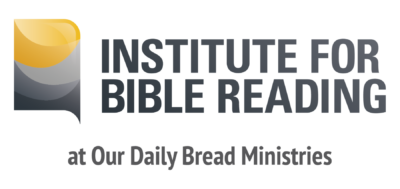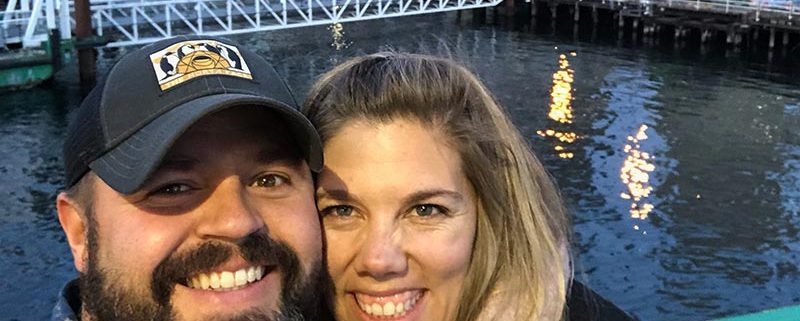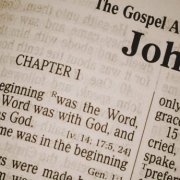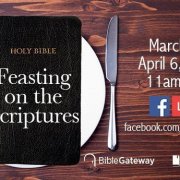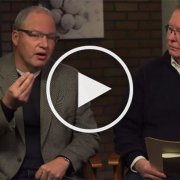Colorado Springs Pastor Sees Immerse as a New Way of Doing Church
Josh Ellis is Executive Pastor at Springs Community Church in Colorado Springs and helped lead their congregation through Immerse: Messiah this past fall. It was déjà vu for Josh, who helped launch a similar initiative at Woodmen Valley Chapel in 2014. In my interview with Josh, we talked about both experiences, and why he thinks Immerse isn’t simply a church program, but represents a “new Reformation” for how the church should operate in the future.
What were the big takeaways at Woodmen Valley and Springs Community Church?
In both settings, we underestimated people’s appetite for reading the Bible in this fresh way. At Springs Community Church this fall we sold-out of our inventory three weeks in a row.
At Woodmen Valley we had a group of about 1,000 people who we identified as regular attenders but with no interest in any other church activities. We’d tried everything to get them into the mainstream. Nothing worked. But when we invited the whole congregation to an 8-week, book club experience for the New Testament, over 800 of the 1,000 non-participants joined a group. We were shocked! It completely reoriented the way we thought about them. They weren’t lazy—they were more likely bored and under-challenged.
At Springs Community Church, we had a group of veteran Bible readers who were initially not excited about reading a new-fangled Bible without chapters and verses. But within a couple of weeks, reports filtered back to our staff—life-long Bible readers “surprised” and “wowed” by their reading. 95% of the congregation participated in Immerse, including many who had no history with the Bible. At the end the reluctant veterans confessed, “We were wrong.”
How has this front row seat to two pretty remarkable experiences impacted you?
In my heart of hearts, I’ve come to believe the church is poised for a new Reformation. I think of the emergence of jazz music in the late 19th and early 20th centuries. Musical styles hadn’t changed much for hundreds of years. Then jazz came along with more freedom, the band working together to create harmonies, without a single conductor. Immerse in its unadulterated form allows the story to flow more freely from the text. When the church comes together to read, there’s a partnership between the pulpit and the pew. Theology isn’t just academic work. Immerse is really giving the Bible back to the people.
What are the challenges once a church finishes an eight-week Immerse experience?
At Springs Community we have work to do to keep people from falling back into their old Bible reading habits. I suspect that’s true of other churches as well. So between our Immerse campaigns, I’ve piloted a Sunday morning group that follows the Immerse DNA. We read larger sections, ask open-ended questions, and always seek to understand context.
Is there anything else you’d like to say?
In my mind I can imagine what might happen if this way of reading catches on. Think of what might happen in a city if churches came together to read this way. I don’t think a new Reformation is hyperbole.
